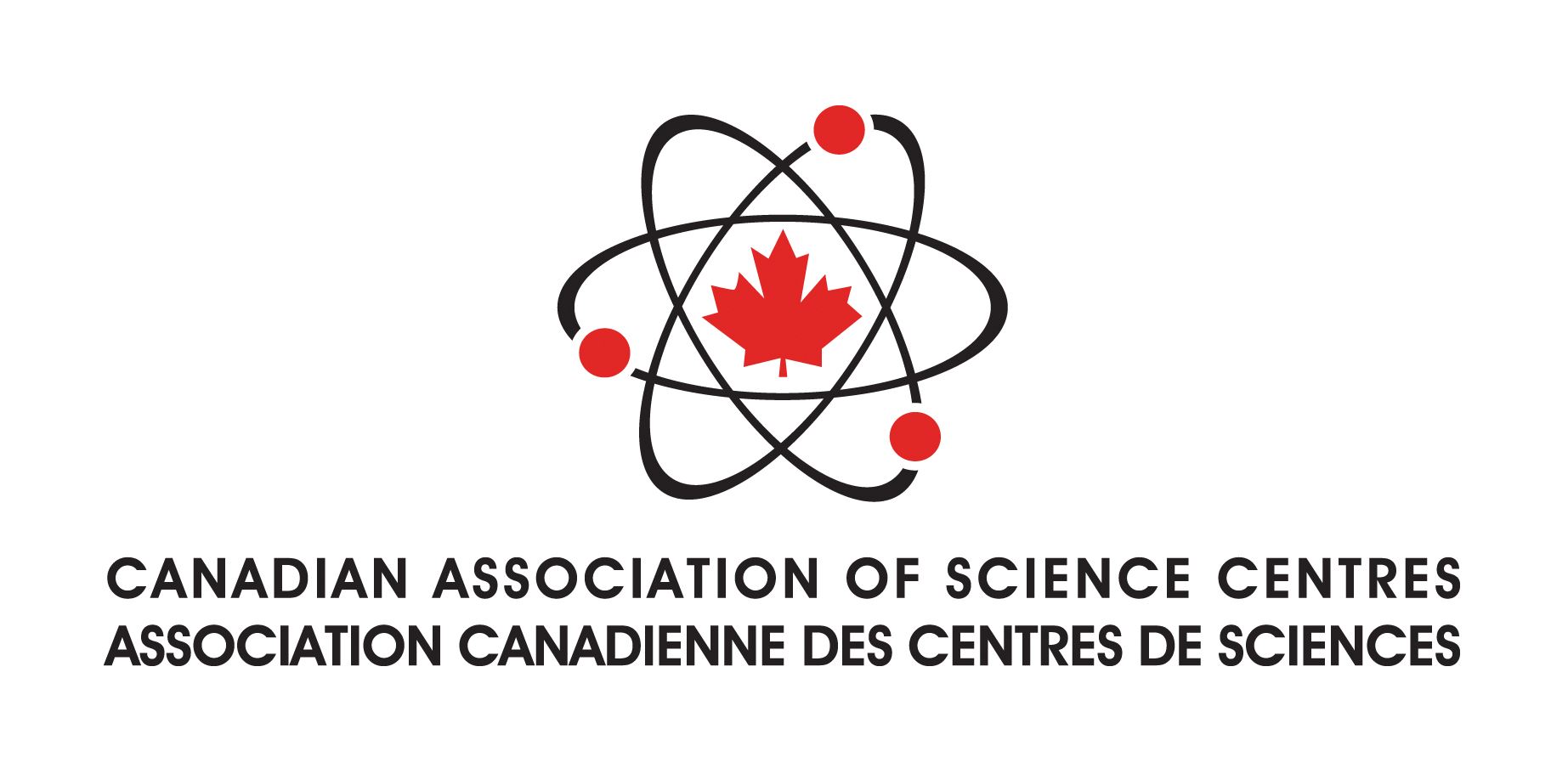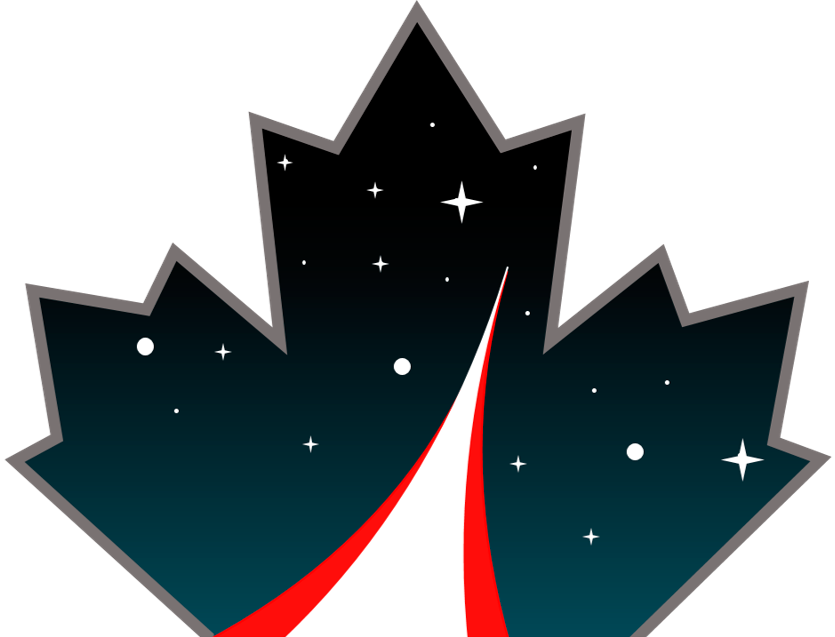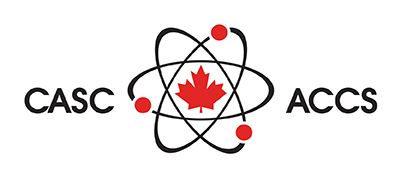SPACE MATTERS
Why Space Matters? Although many people are fascinated by space, most are relatively unaware of how space technologies pervade their everyday life. From GPS and satellite communications to weather forecasting and monitoring the health of crops or the extent of sea ice, the standard of living we currently enjoy is fundamentally dependent on satellites and space technology. Space is becoming even more important in monitoring the changing climate, particularly in the Canadian North, and for connecting remote communities. Looking beyond Earth, the exploration of space is an innovation driver that not only provides inspiration for youth but generates cutting-edge technologies that are frequently then applied to improving the standard of living on Earth. In parallel, there is an acknowledged critical need for STEM education in Canada. Unfortunately, as highlighted in a 2018 Ipsos poll “Canadians do not know much about what Canada is doing in space. This causes many to be unsure about what the concrete benefits of space are, despite great pride in past achievements.” Space Matters aims to address this lack of awareness and understanding. What is Space Matters? The goal of Space Matters is to use a connected-learning approach fostering dynamic collaborations among schools, out-of-school time programs, STEM expert institutions (e.g., museums, science centres, universities), the private sector, community-based organizations, youth and families, using Space as the connecting topic. Space exploration, perhaps like no other discipline, can ignite interest and motivate youth to appreciate science and technology in their daily lives and to pursue education and careers in the sciences, engineering and high-tech sectors. Targeting youth and educators across Canada, the objectives of the Space Matters initiative are to:
Who is Space Matters? Space Matters is driven by a group of organizations who together form the Space Matters Collective. The initiative is led by the Planetary Science and Exploration of Western University and the Canadian Association of Science Centres. The Space Matters Collective currently includes the following organizations:
|
| Canadian Association of Science Centres #1203-130 Albert St. Ottawa, ON. K1P 5G4 info@casc-accs.com |
The CASC office is situated in Robinson Huron Treaty territory and the traditional territory of the Atikameksheng Anishnawbek. We pay respect to their traditions, ways of knowing and acknowledge their many contributions to the innovations in Science, Technology, Engineering and Mathematics. Clearly and overtly this gratitude must be demonstrated in our collective commitment to truth and reconciliation, by working to transform existing relationships, with open dialogue, mutual understanding and respectful collaborations
©2022 Canadian Association of Science Centres |


